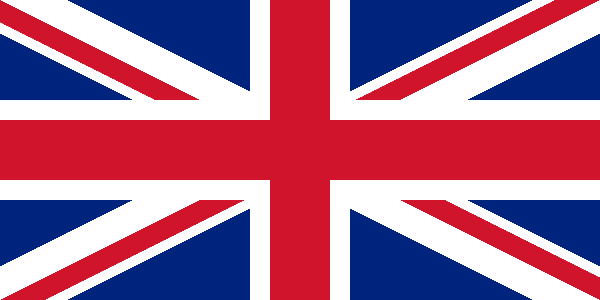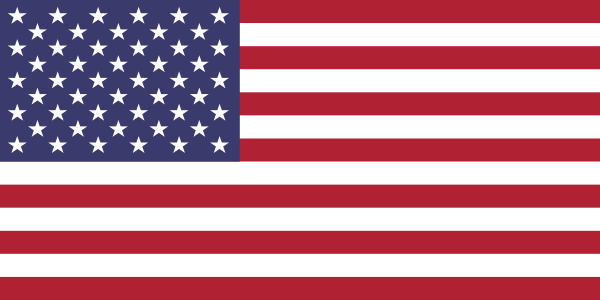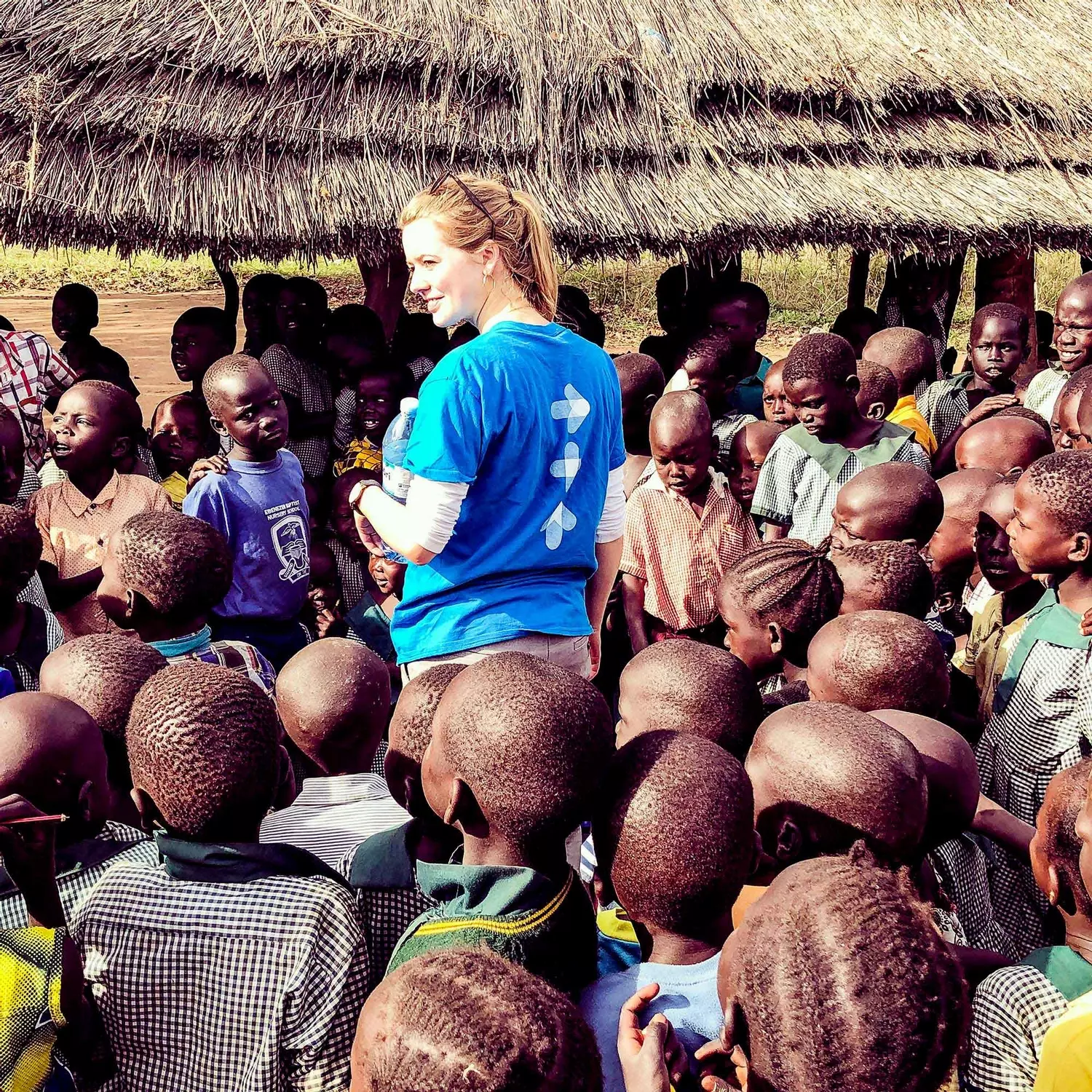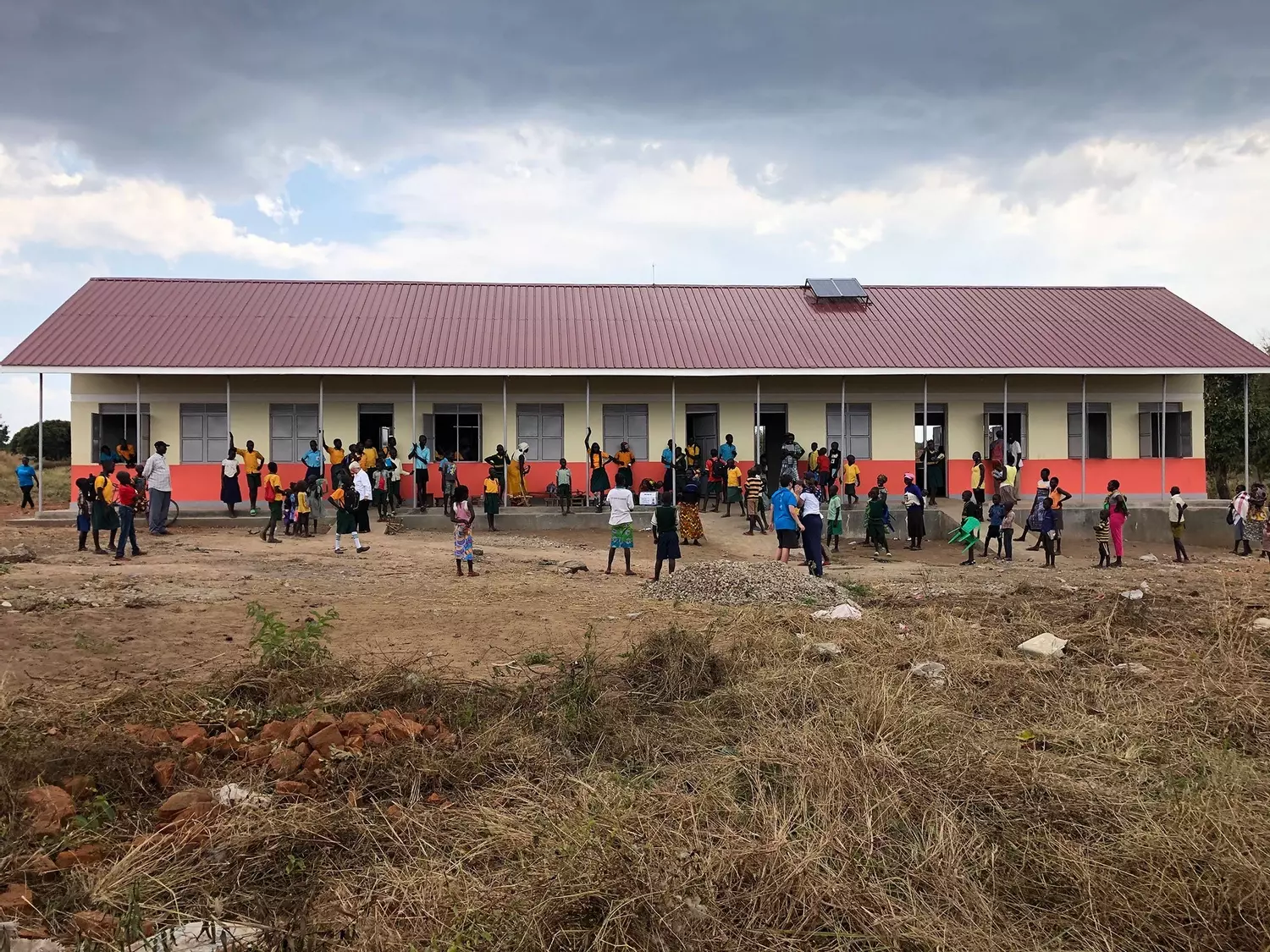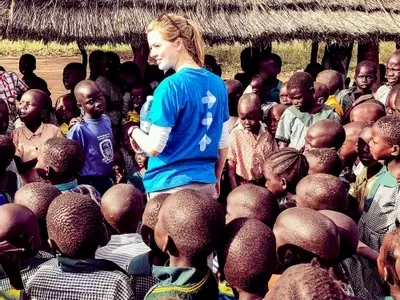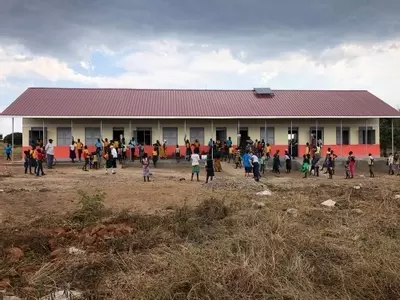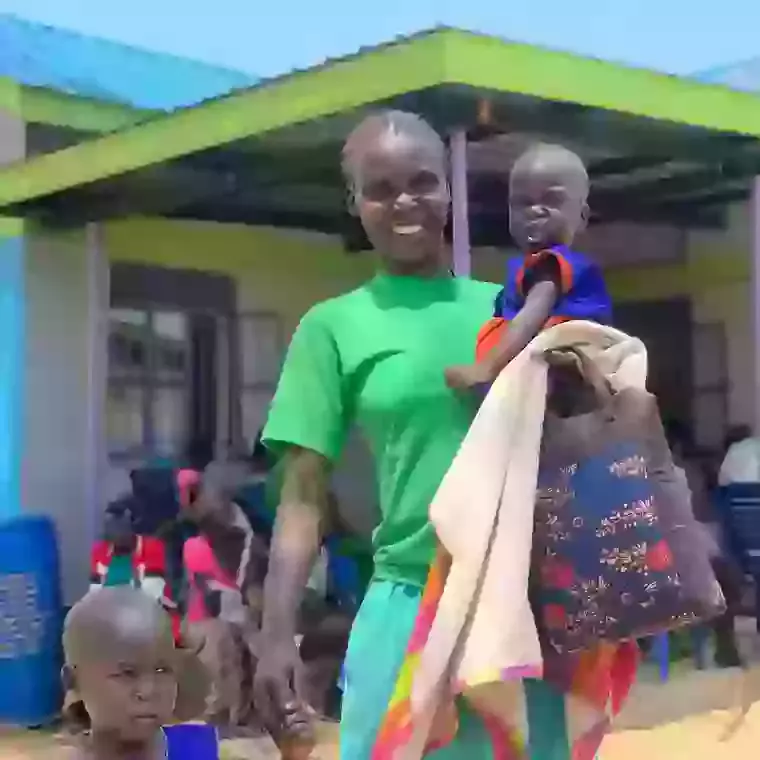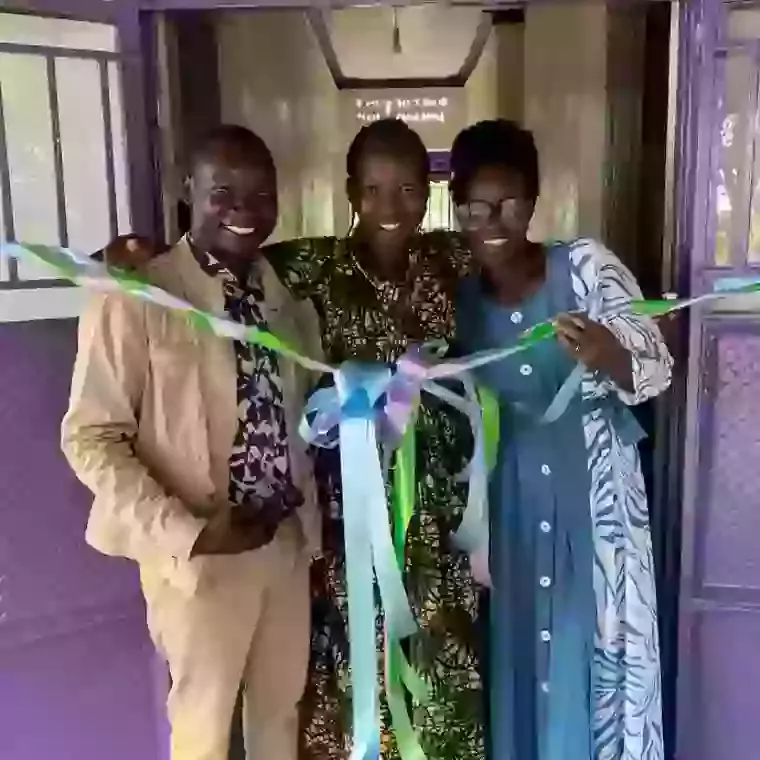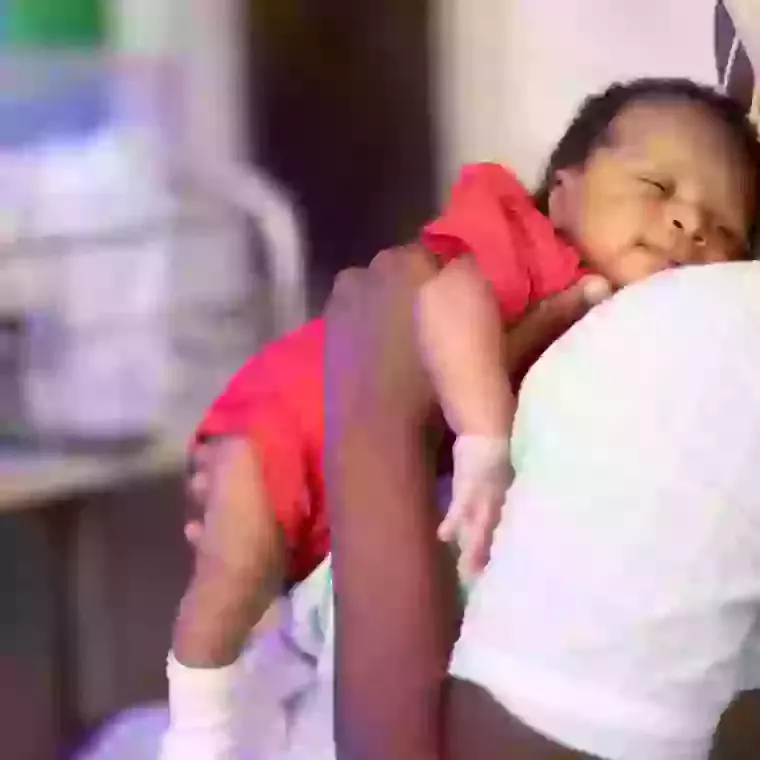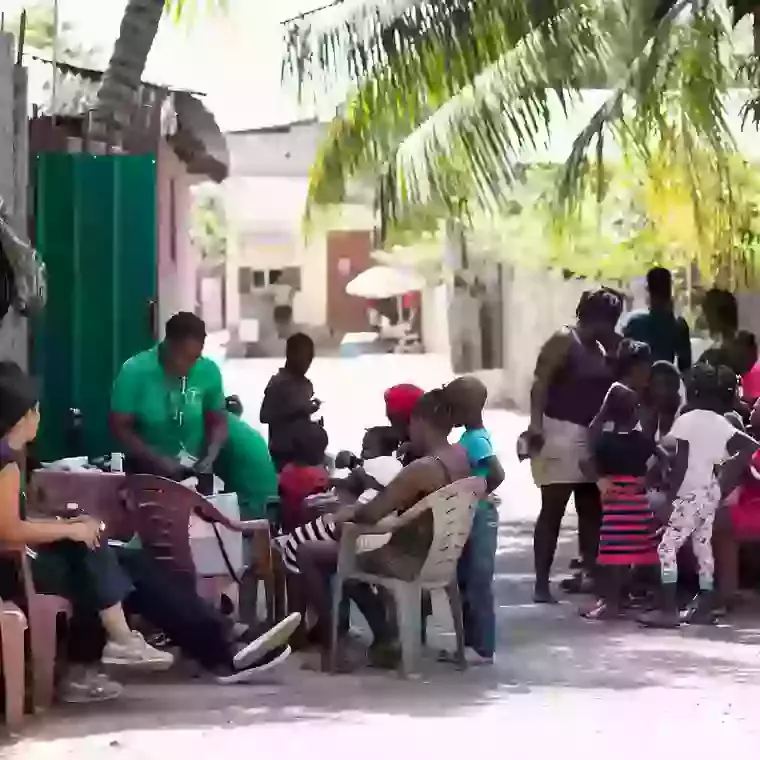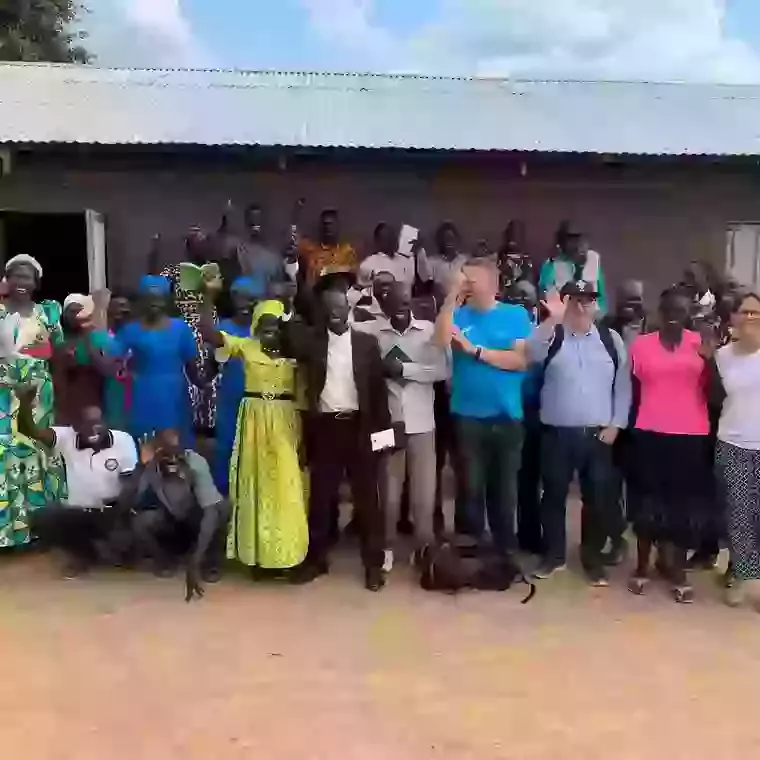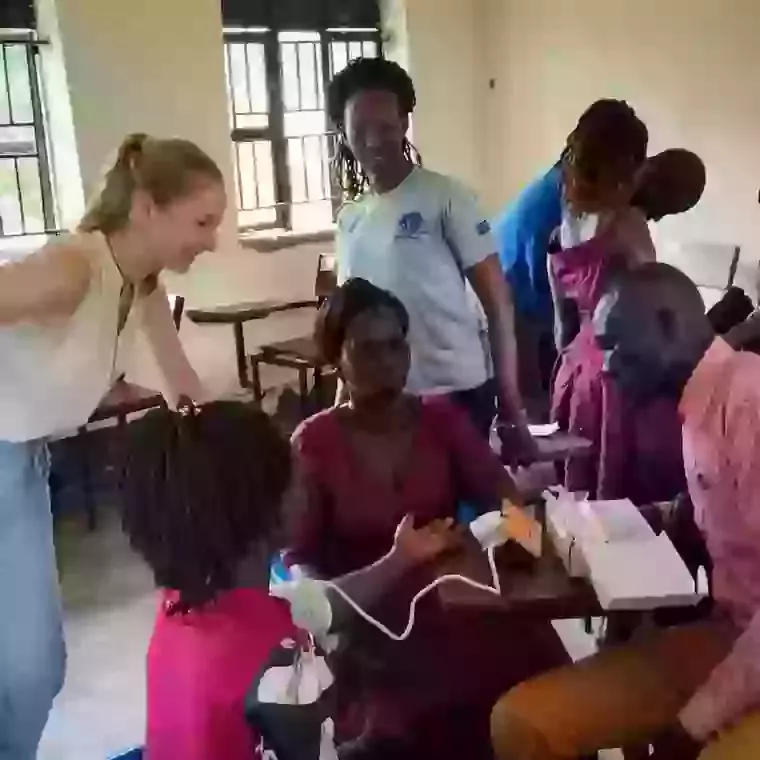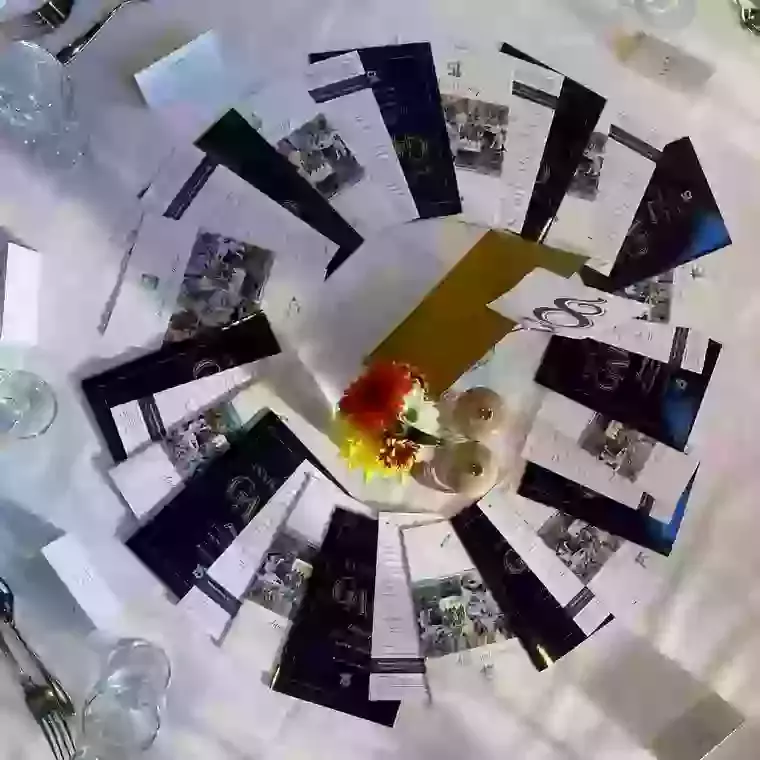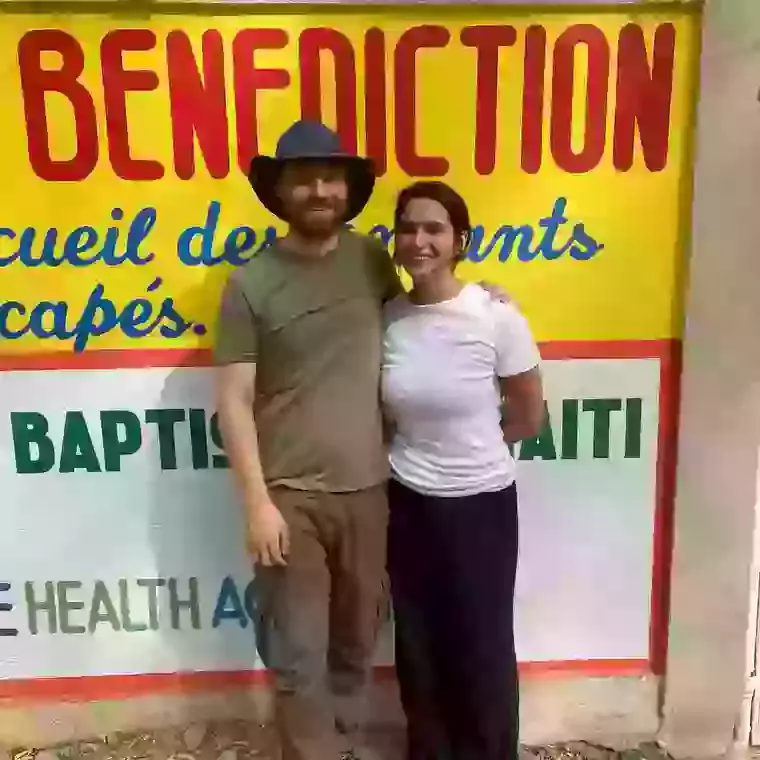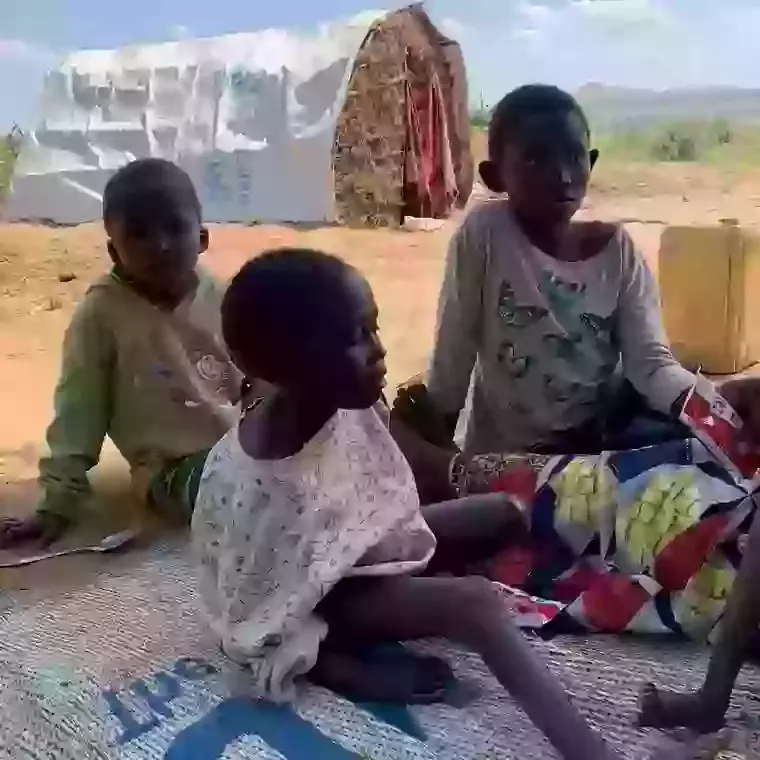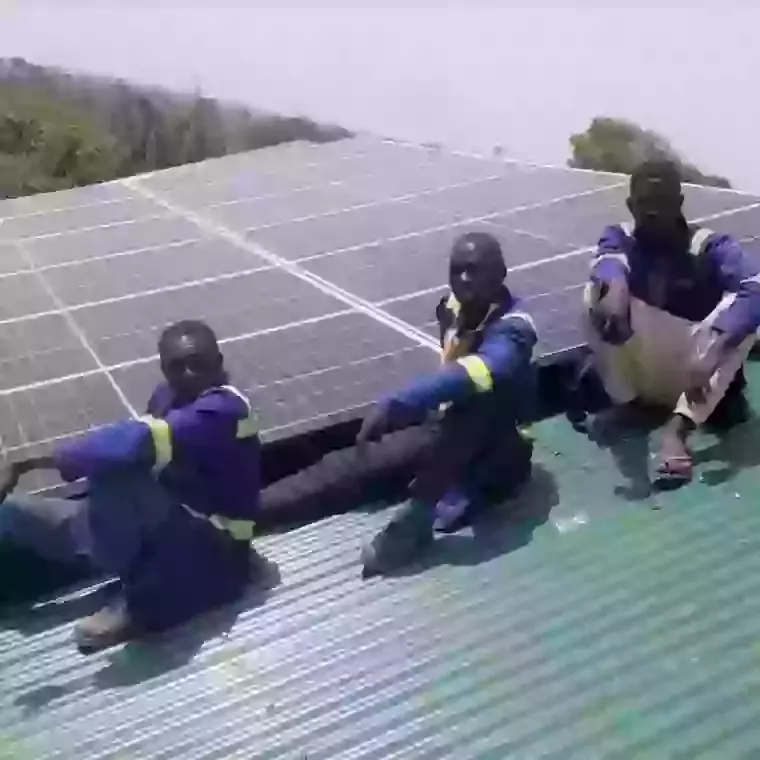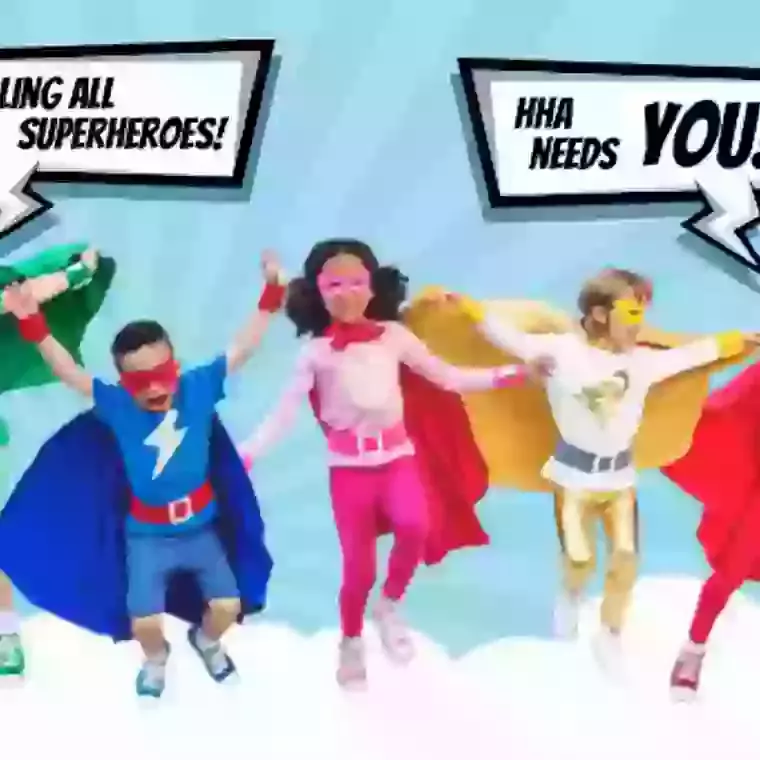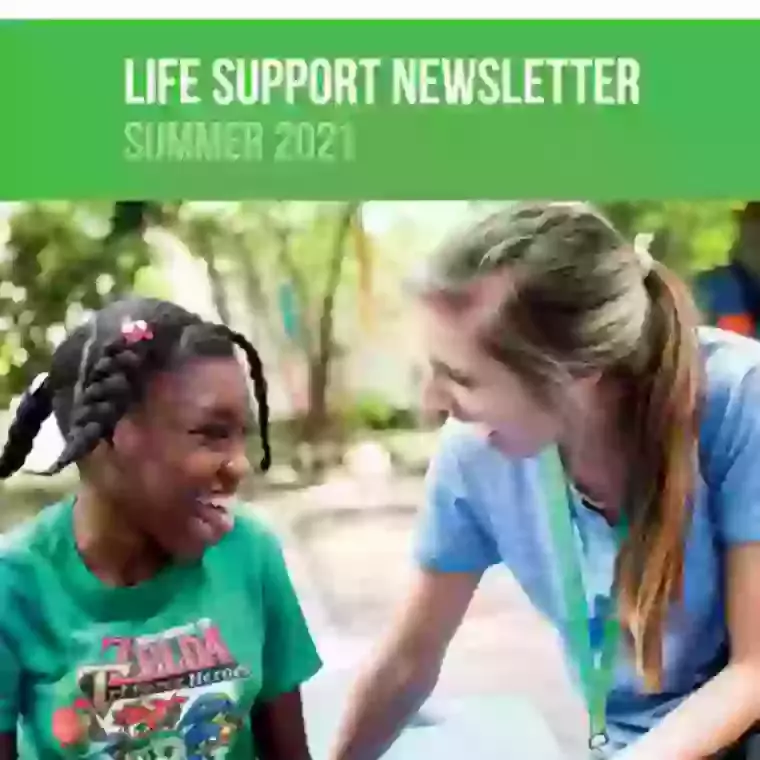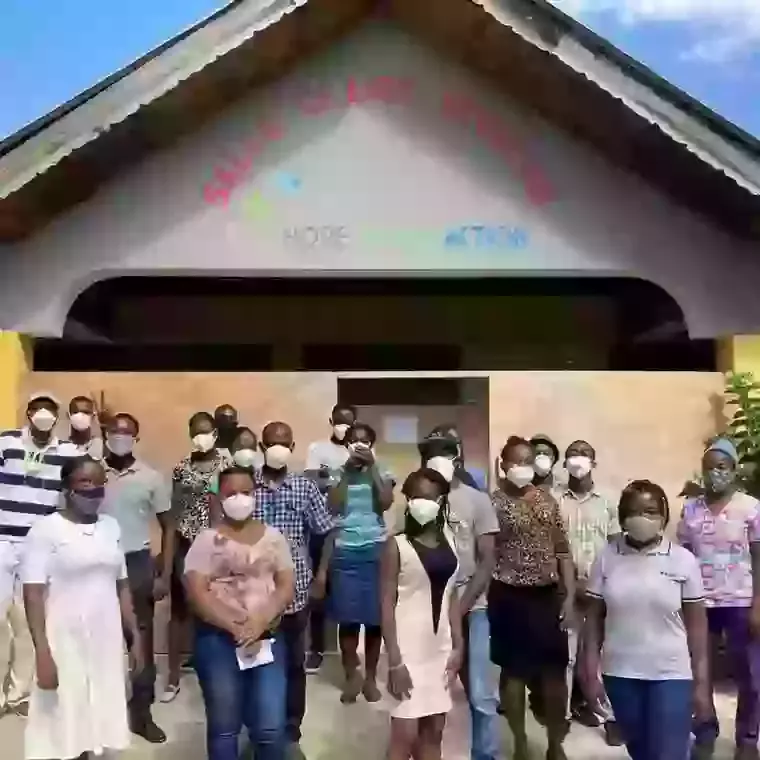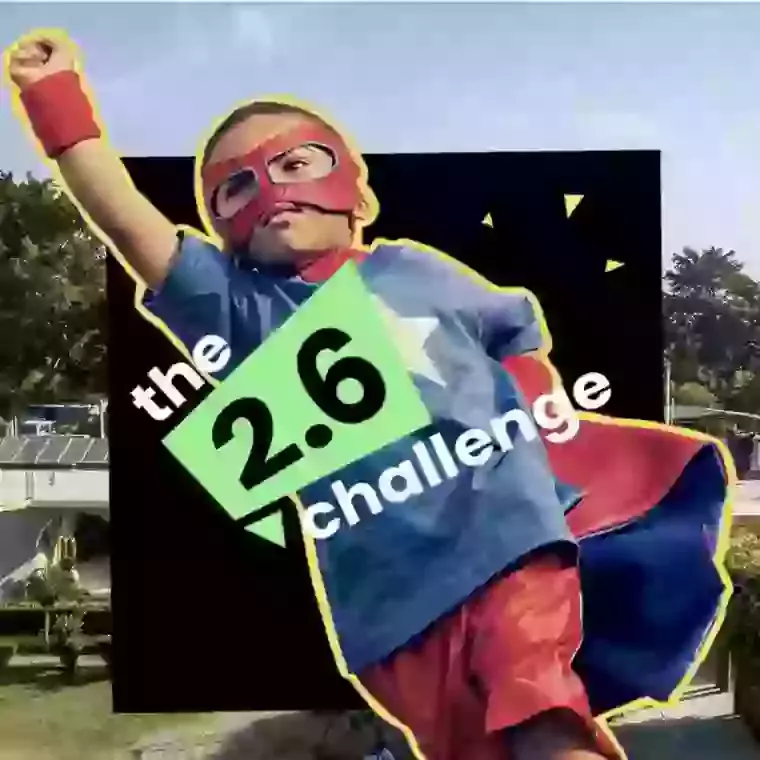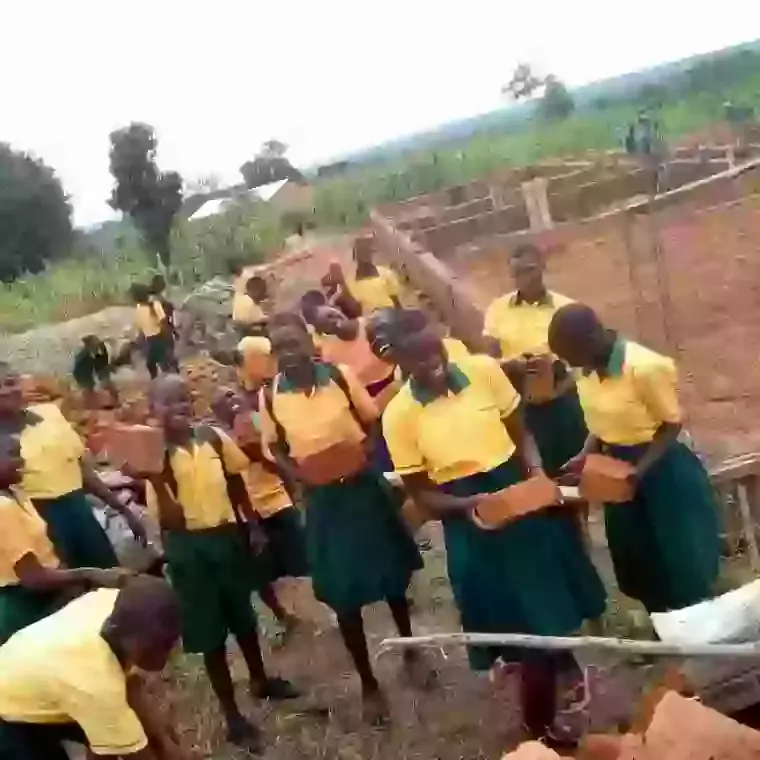Providing emergency education relief for South Sudan’s next generation
Uganda & South Sudan:
Uganda currently hosts 1.3 million refugees and asylum-seekers, most from war-torn South Sudan and DR Congo. It’s the largest refugee crisis in Africa and there are significant challenges in the refugee settlements, including access to education. In South Sudan, the war has left many children out of school, the schools often having been destroyed through the fighting.
Refugee Education:
Since 2017, when HHA first started responding to the refugee crisis in Uganda, education has consistently been cited as a critical need. Many children were meeting under trees, in schools that had no toilets and a teacher to child ratio, in some schools, of 1 teacher to 360+ children. Even in 2019, in one of the settlements where we work, 92% of secondary school girls weren’t enrolled in school.
For those children who have remained in South Sudan, the situation is no better. According to UNICEF, some 2 million (over 70%) children in South Sudan are out of school. This is a bleak reality for the future, when you consider that a baby born to an educated mother has a 50% higher chance of survival.
As part of our emergency refugee response we have subsequently been helping 3 schools for refugees in Uganda and 5 schools in South Sudan. Our support has included improving sanitation through new toilet facilities. We have also supported the renovation of a secondary school, including providing solar energy, a girls dormitory and the building of 3 new classrooms for Amazing Grace Primary School. We’ve also equipped schools with materials, solar power and furniture and provided teacher training courses and 'sports for peace' programmes. Through these projects we’ve seen more children educated and the standard of education significantly improve.
Project Start Date: 2017
Lives impacted: 2,000+ children
South Sudan Emergency Appeal - HHA from Hope Health Action on Vimeo.
East Africa Refugee Crisis - School for young refugees from Hope Health Action on Vimeo.
Refugee Education Case Study
An account from a UK Volunteer working with HHA on a Field Visit:
‘We visited a school to run leadership training and disability advocacy with the teachers. A teacher asked the question “how best can we look after the traumatised children?” On first glance, they looked so upbeat; laughing, singing, dancing and running around. It wasn’t until I overheard 2 boys proclaim, whilst waving a long stick at a group of children, “you cannot cross my border!” A sickening feeling in the pit of my stomach began to emerge knowing the pain they'd faced crossing borders…these children have seen situations that are too unbearable to dwell on. 15 kids alone in this one school are orphans, we believe most due to the war, a reality too close for comfort. Whilst we're in the school, adult refugees look across the landscape towards South Sudan just kilometres away. Even while the kids sing and dance with us, the sound of shelling and gun fire can be heard across the border, as a new wave of fighting threatens a group of IDP camps HHA has been trying to help. Those who hadn't fled into Uganda remained in hiding in the bush.
Again, in church on Easter Sunday, looking around I thought, wow there are so many women here! Amazing! And then, I found out why…their husbands, sons, fathers…never made it over the border - 86% of refugees here are women and children. Then you think of your own family and imagine fleeing the house you grew up in, rebels pointing guns at you and your baby, watching unimaginable horrors occur…and it really begins to sink in.’
